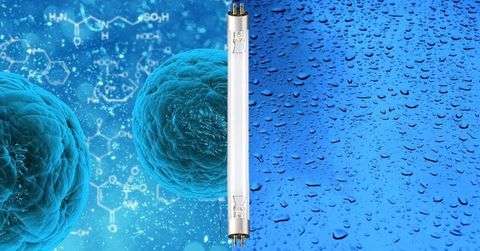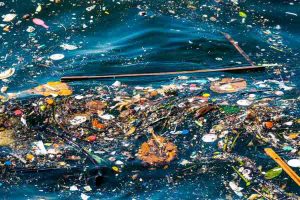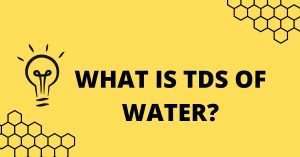What is UV water purifier ?
An ultraviolet water purifier uses ultra-violet radiation to kill bacteria and viruses. It is the most efficient method of fighting waterborne illnesses. It stops the bacteria & viruses from spreading the water; the UV treatment is highly efficient, simple, and sustainable.
How does UV water purifier work?
In the UV purification process, it is necessary to pass water through the UV radio source tube. Then, UV radiations kill bacteria and germs in the water completely. It directly destroys the genetic material of bacteria and viruses and provides us with pure and safe drinking water.
Video Tutorial
Related Article: Best UV Lamp for Water Purifier Review
Advantage of UV water purifier
- This is the most efficient method to purify water.
- When purifying water, there are no hazardous chemicals or products are utilized.
- The energy used is minimal to purify water using this method.
- UV purifiers are easy to maintain and take less time to operate.
Disadvantage of UV water purifier
- It kills microbes and viruses in the water, but it doesn’t remove the impurities that are dissolved, such as arsenic, pesticides, rust and fluoride.
- It is not able to change hard water to soft water.
- The UV water purifier requires electricity. If the power shut off is greater than your region and the water purifier is not equipped with an internal storage tank.
- It’s not effective with muddy waters. If the water is dirty, it is first necessary to go through a purifier and then an ultraviolet purifier.
- UV rays are not always able to remain in the water. If UV rays do not reach an organism, the living microorganism can increase its number and contaminate the water. So, after purifying the water using ultraviolet light, it’s suggested to utilize chlorine.




